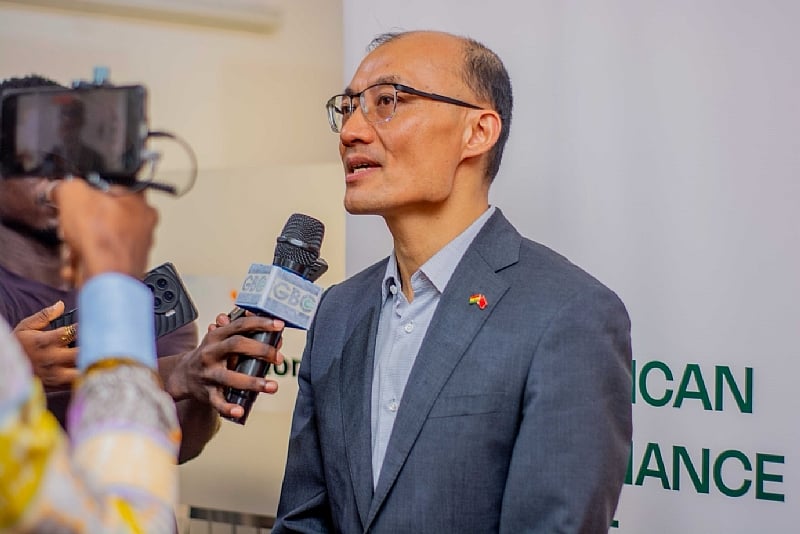China’s commitment to global climate action took center stage during a recent interactive session between H.E. TONG Defa, the Chinese Ambassador to Ghana, and participants of the Ghana-China Media Fellowship 2025. Ambassador Tong reaffirmed China’s cessation of funding for overseas coal power projects, a policy initially announced by President Xi Jinping in 2021. This commitment represents a significant shift in China’s global engagement, particularly considering its previous role as a major financier of coal-fired power plants through initiatives like the Belt and Road Initiative (BRI). The ambassador’s reiteration of this policy underscores China’s dedication to aligning its international activities with global climate goals, including the Paris Agreement and its own ambitious target of achieving carbon neutrality by 2060. This session provided valuable insights into the evolving dynamics of China’s environmental diplomacy and its implications for developing nations, particularly in Africa.
China’s previous involvement in financing coal power projects globally, particularly across developing nations, had raised concerns about the environmental impact of these projects. Research indicated that Chinese institutions were heavily involved in the majority of coal plants under construction outside of China before the 2021 announcement. This significant financial backing contributed to the expansion of coal-fired power generation, often in countries grappling with energy access challenges. However, the 2021 announcement signaled a turning point in China’s approach to energy financing, marking a shift towards supporting greener and more sustainable infrastructure development. The subsequent cancellation or suspension of several planned coal projects further solidified this change in direction.
The ambassador’s engagement with the Ghana-China Media Fellowship not only highlighted China’s evolving stance on coal financing but also offered a platform to discuss the country’s broader vision for sustainable development. The fellowship, organized by the Africa-China Centre for Policy and Advisory (ACCPA), aims to enhance the understanding of Ghanaian media professionals regarding Ghana-China relations across various sectors, including policy, economics, and global commitments. The ambassador’s presence provided the fellows with a unique opportunity to gain first-hand insights into China’s environmental diplomacy and its implications for Africa, a continent with a growing need for clean and affordable energy solutions.
The discussion underscored China’s increasing focus on promoting renewable energy technologies and climate-smart investments in developing countries. This shift aligns with the global push towards decarbonization and the pursuit of sustainable development pathways. For Africa, a continent facing significant energy challenges, China’s commitment to fostering green energy solutions presents both opportunities and challenges. While access to clean and affordable energy is crucial for economic development and social progress, the transition requires careful planning, technological adaptation, and financial support. China’s engagement in this arena can play a crucial role in facilitating the continent’s sustainable energy transition.
The ambassador’s reaffirmation of China’s commitment to ending overseas coal financing signifies a significant step towards aligning its global development initiatives with international climate objectives. This shift has global implications, impacting not only the energy landscape but also the broader discourse on sustainable development and international cooperation. The transition towards green energy and sustainable infrastructure presents both opportunities and challenges for developing countries like those in Africa, requiring careful consideration of economic realities, technological advancements, and environmental sustainability.
The Ghana-China Media Fellowship serves as a vital platform for fostering dialogue and enhancing understanding between the two nations. By providing Ghanaian media professionals with direct access to key figures like Ambassador Tong, the fellowship contributes to informed reporting and a deeper understanding of the complex dynamics shaping Ghana-China relations. This, in turn, can contribute to more effective communication and collaboration on issues of mutual interest, including sustainable development, economic cooperation, and global climate action. The ambassador’s engagement with the fellows provided a valuable opportunity to explore the evolving landscape of China’s environmental diplomacy and its potential implications for Africa’s sustainable development trajectory.


